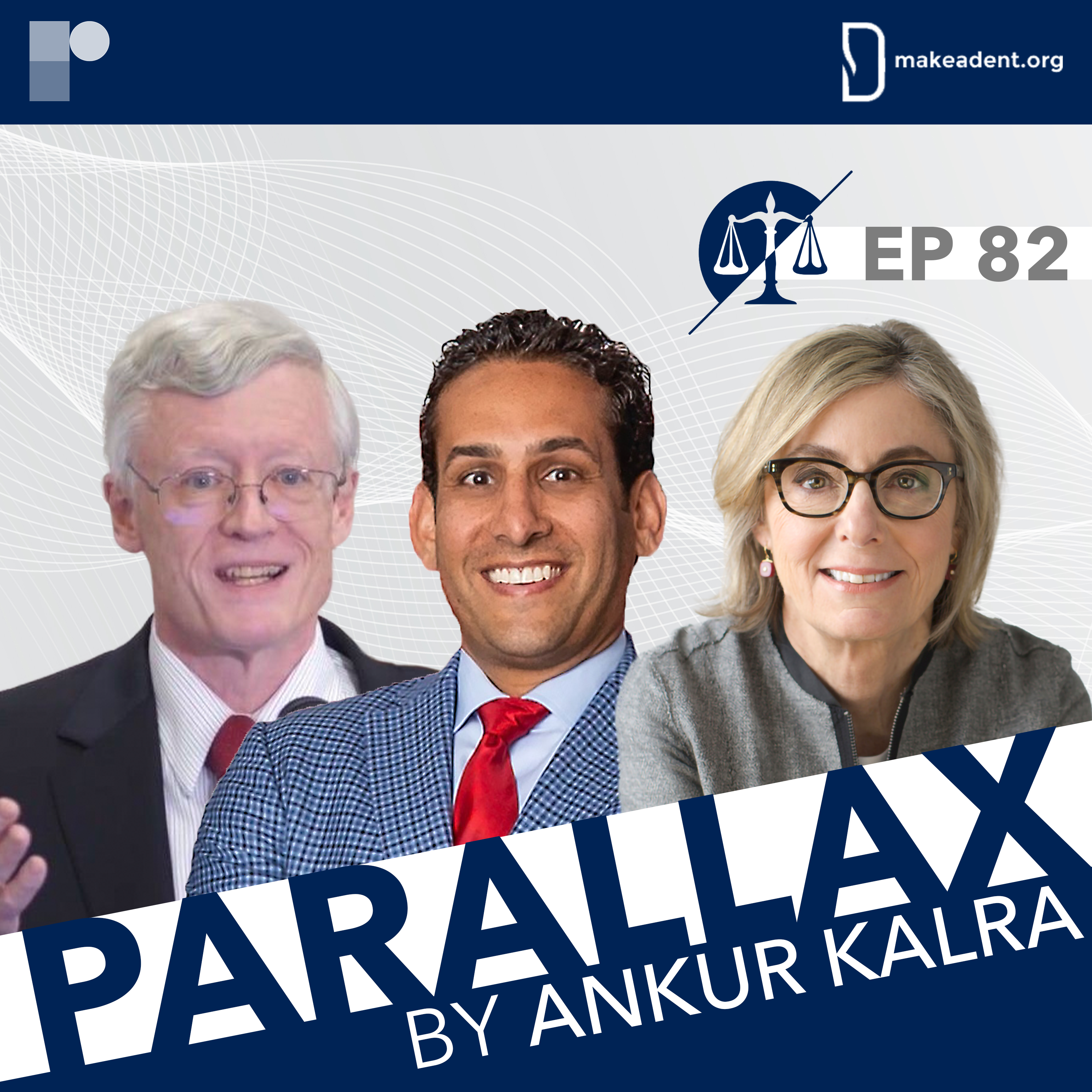
“Sham peer review or malicious peer review is defined as the abuse of a medical peer review process to attack a doctor for personal or other non-medical reasons.”
“Most doctors — warns Dr Kaki — do not understand that ultimately your privileges are not dictated by your colleagues through a fair process, but hospital administration controls our destiny”. In 2018, Dr Kaki was subject to a campaign of retaliation that set out to revoke the well-respected cardiologist’s privileges. Today, Dr Kaki is Director of Mechanical Circulatory Support at Ascension and Clinical Associate Professor at Wayne State University School of Medicine.
In this week’s Parallax Dr Kalra’s guests are the team that fought for justice in Dr Kaki’s case: Dr Lawrence R. Huntoon, Editor-in-Chief of the Journal of the Association of American Physicians and Surgeons and Deborah Gordon, employment attorney.
Dr Kaki walks us through his Kafkaesque experience and the knowledge he acquired during his battle with his former hospital. We get insight into the stages of a peer review process and the role of key stakeholders. Dr Huntoon, expert in this field, helps us put Dr Kaki’s experience in context and talks about the prevalence of sham peer reviews through shocking cases. Ms Gordon supports the discussions with practical tips and insights on the role of an attorney. Join Ankur and his guests for a must listen show on your rights as a physician.
What do you need to know about the hospital peer review process and your rights? What can you do if targeted? What is Dr Kaki’s advice to physicians?
Resource: https://shmpublications.onlinelibrary.wiley.com/doi/10.1002/jhm.12903
Stay tuned for Part 2 of Parallax’s Medico-Legal series with Dr Kalra and Dr Huntoon.
Questions and comments can be sent to “podcast@radcliffe-group.com” and may be answered by Ankur in the next episode.
Guests: @DrAmirKaki, Dr Lawrence R Huntoon and Deborah Gordon host: @AnkurKalraMD and produced by: @RadcliffeCARDIO.

What do you need to know about hospital investigations? What is the difference between OPPE and FPPE? How can you get educated on hospital bylaws and processes?

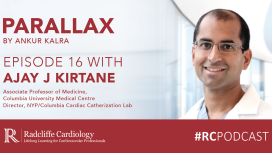
Ajay also talks about how he has negotiated between competing priorities in clinical and academic work, and how he manages fatherhood with a busy career. Ahead of the American Heart Association Scientific Sessions 2019, Ajay also shared what he thinks we can expect from the highly anticipate ISCHEMIA trial. Submit your question to Ankur via: podcast@radciffe-group.com.
Hosted by @AnkurKalraMD. Produced by @RadcliffeCARDIO.
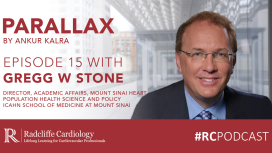
Gregg also shares his tips on how to progress from clinical practice to academic research, and what it takes to be a successful clinical investigator. Finally, Gregg shares with Ankur what personality traits he looks for in mentees and why presenting a final project is not enough. Submit your question to Ankur via: podcast@radciffe-group.com.
Hosted by @AnkurKalraMD. Produced by @RadcliffeCARDIO.
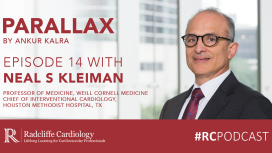
Digging more into the practicalities of everyday work-life, Neal reflects on the challenges of reporting to multiple bosses who have different goals, and how geography enabled him to move between cathlab and academia. Neal also shares what he looks for in early career academic cardiologists. Submit your question to Ankur via: podcast@radciffe-group.com.
Hosted by @AnkurKalraMD. Produced by @RadcliffeCARDIO.
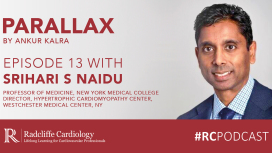
Ahead of TCT 2019, Ankur and Hari also talk about which trials presented in San Francisco they are most excited about! Submit your question to Ankur via: podcast@radciffe-group.com. Guest @SrihariNaiduMD.
Hosted by @AnkurKalraMD. Produced by @RadcliffeCARDIO.
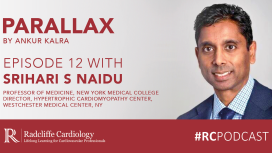
Having recently applied for the programme himself, Ankur also speaks with Hari about the history, purpose and future of the Society for Cardiovascular Angiography and Interventions (SCAI) Emerging Leader Mentorship (ELM) Fellowship Programme. Submit your question to: podcast@radciffe-group.com. Guest @SrihariNaiduMD.
Hosted by @AnkurKalraMD. Produced by @RadcliffeCARDIO.





